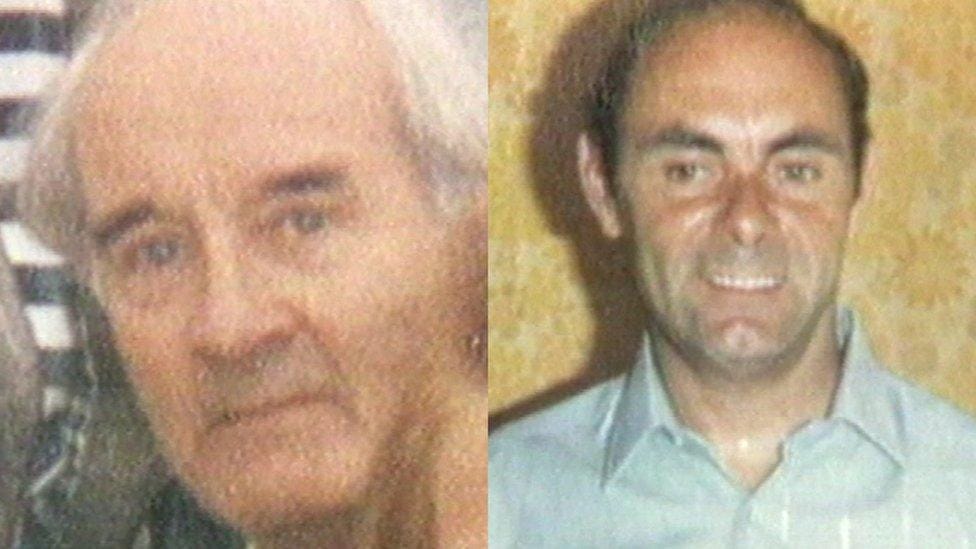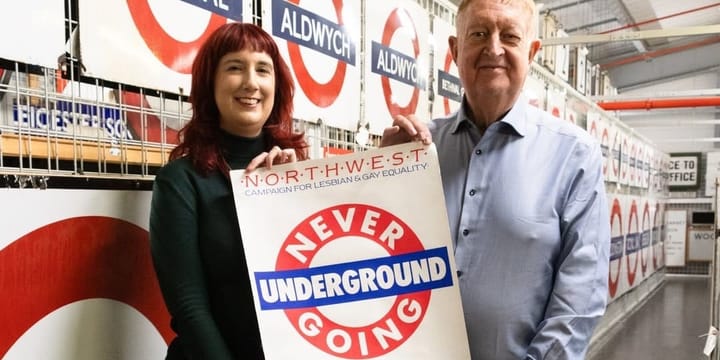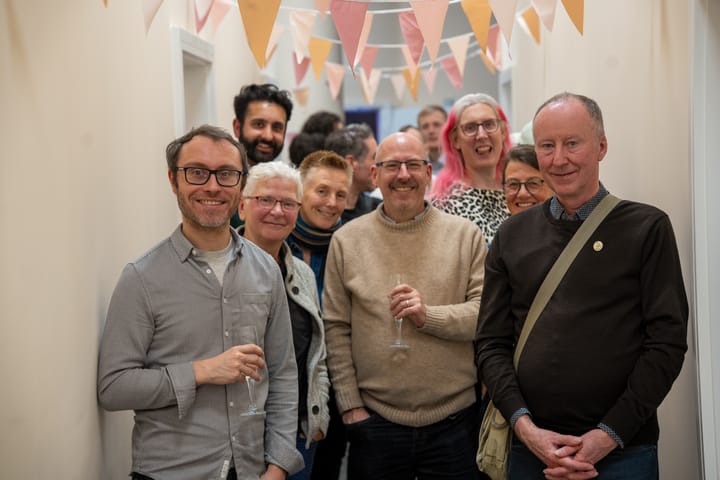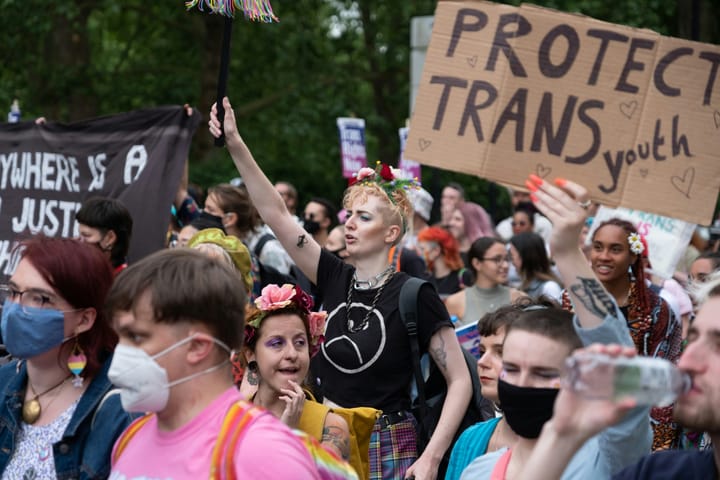Plymouth prepares to mark 30th anniversary of homophobic attack that left one man dead and another permanently disabled

Plymouth is preparing to mark the 30th anniversary of a homophobic attack that left one man dead and another permanently disabled in Plymouth’s Central Park. On the night of 6 November 1995, Terry Sweet, 64, and Bernard Hawken, 54, were savagely beaten and mutilated by three teenage assailants in what became one of the most shocking hate crimes in the city’s history.
The two men were found lying 200 yards apart in the early hours of 7 November. Terry Sweet died at the scene, while Bernard Hawken survived but suffered brain damage and was confined to a wheelchair for the rest of his life. He passed away years later due to complications from his injuries.
The attackers - Richard Bownes, Stuart Smith and Roberto Pace - were all teenagers from well-known local families. Their brutal actions and the vile graffiti left at the crime scene exposed a deep vein of homophobia in the city and left Plymouth’s LGBTQ+ community reeling.
Alan Butler, Director of Pride in Plymouth, recalled the fear that gripped the community. Speaking in 2020, he said: “I just remember being really scared, and thinking Plymouth is a dangerous place for me to be and perhaps not a place I’m able to come out as a gay man. It was a scary time.”
In the years since, the attack has become a watershed moment for Plymouth. It sparked conversations about identity, visibility, and inclusion, and led to significant changes in policing and community engagement.
Stuart Newberry, the detective tasked with leading the 1995 investigation for Devon and Cornwall Police said to ITV: "It was a homophobic attack, we know that. We'd heard about attacks, but not to the gravity that we experienced in this case.
"They received a horrific beating and kicking, they jumped off a bench on top of Terry Sweet and he died of his injuries, which were multiple injuries to the head and body.
"Bernard Hawken managed to escape, he ran up towards Pounds House, further up Central Park. They continued to give him a kicking and he was seriously injured.
"He was found and sadly he ended up with a life of disability, in a wheelchair, with the injuries that he sustained from that night."
"Here was a community that, for all sorts of reasons, would operate quietly, secretly, and didn't want their behaviour to be know to their family or friends," he added.
"And so homophobic attacks often went unreported. Who knows, had there been a real good grasp of these sort of events and attacks, these sort of events might never have happened."
Support independent LGBTQ+ journalism
Scene was founded in Brighton in 1993, at a time when news stories about Pride protests were considered radical. Since then, Scene has remained proudly independent, building a platform for queer voices. Every subscription helps us to report on the stories that matter to LGBTQ+ people across the UK and beyond.
Your support funds our journalists and contributes to Pride Community Foundation’s grant-making and policy work.
Subscribe today




Comments ()